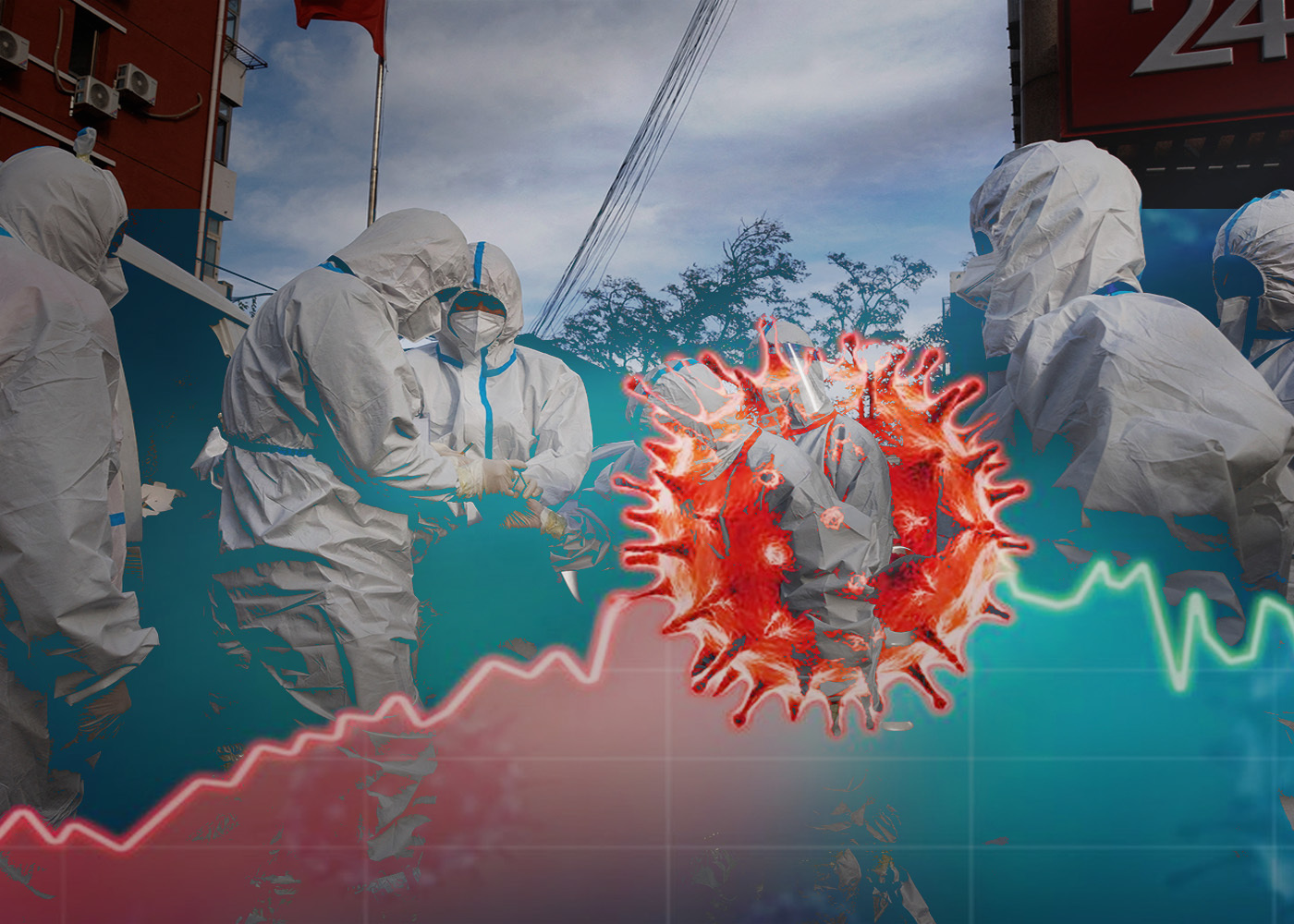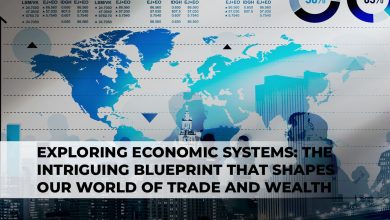
The Insight program examines China ‘s transition from COVID-19, the political and economic repercussions, and what the rest of the world might expect now that the world’s most populous nation has resumed its overseas travels.
Although it was anticipated that China would ultimately open up, the pace with which it did so surprised many and overloaded its healthcare system, causing funeral homes to fill up quickly with the dead. Chinese officials calculated that about 250 million individuals got the virus in the first 20 days of December and that more than 83,000 people have died after the country’s policy U-turn as of February 9 if non-hospital fatalities are excluded.
One Reason for China Policy Reversal Might be Because of the Protests
Based on data from February 17, Airfinity, a business that does predictive health analytics, estimates that there have been 1.51 million fatalities worldwide since December 1. The government’s description of the situation as “controllable” has also drawn criticism from Chinese residents.

After China‘s policy reversal, the lockdown rallies have changed into irate remarks on the Chinese social media site Weibo. The Chinese people have the impression that they don’t have as much faith in the administration and the way it manages COVID-19. Several of the leadership’s policies and choices are being questioned, according to political scientist Chong Ja Ian of the National University of Singapore (NUS).
The Vaccination Rates Dwindled with Time
Low vaccination rates and poor vaccine quality might also be blamed for the rise in cases and fatalities. The World Health Organization (WHO) states that three doses are necessary for a complete immunization using vaccines manufactured in China. Yet, as of December 13, just 58% of the populace had had all recommended vaccinations.
Chinese pharmaceutical companies Sinovac Biotech and Sinopharm created the two vaccinations that are used the most frequently in China. Both are thought to be less efficient than messenger ribonucleic acid (mRNA) vaccines because they elicit an immune response from an inactivated virus.
Keep reading: Around 100 Million Tonnes of Debris From the Earthquake Pose a Serious Threat to Farming






